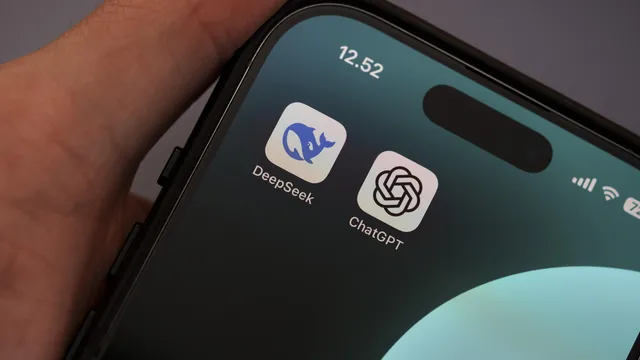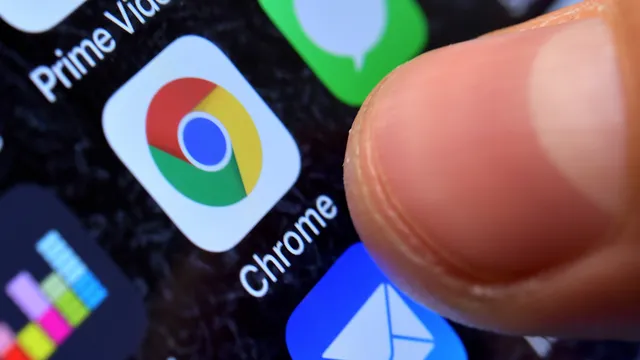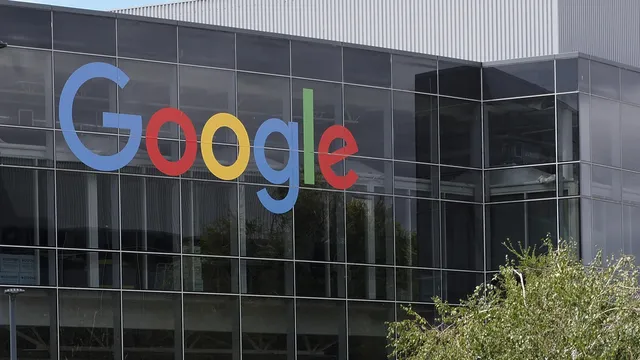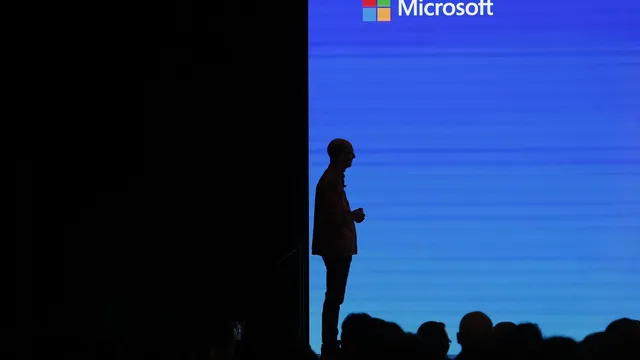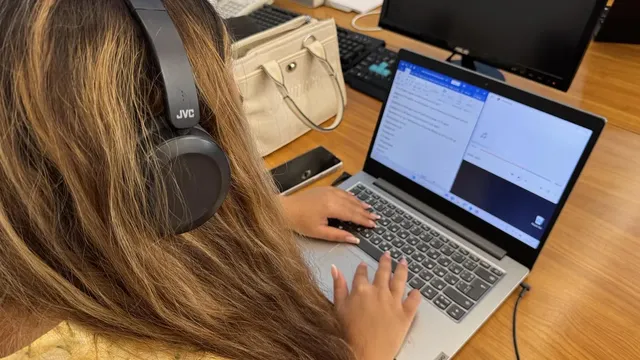"We never concluded that language models make people 'stupid'… We discovered entirely different things. Read the actual study," emphasizes Natalia Kosmina, co-author of a 206-page research paper conducted at MIT.
Nevertheless, even with the release of the preprint version, the media flooded the internet with alarming headlines such as: "How ChatGPT Fries Our Brains" and "Is ChatGPT Destroying the Human Mind?" The study, titled "Your Brain and ChatGPT", examines how using the popular chatbot and similar tools affects cognitive functions like memory, attention, and creativity.
About fifty students from Boston were split into groups and asked to write essays on questions such as: "Do our achievements need to benefit others in order to make us truly happy?" Some relied solely on their own brains, others used Google, and a third group used ChatGPT.
The result: participants who used AI showed lower brain activity, remembered less, and felt a weaker sense of authorship. 80% of them couldn’t even recall their own texts. According to Kosmina, this is an example of the "cognitive cost" we pay when outsourcing mental work to artificial intelligence.
Another important finding: texts generated with the help of AI began to resemble one another in terms of vocabulary and ideas, leading to a decline in creative diversity — a trend confirmed by other studies, such as BCG’s Human–Generative AI Collaboration experiment.
Despite these results, the study does not mention terms like “brain rot” or “dumbing down,” Kosmina stresses, visibly frustrated by the media’s oversimplified interpretations:
"We never used expressions like 'decaying brain' or 'stupidity', but unfortunately many media outlets and AI-generated summaries picked them up. And please remember — this is a preprint, not a final publication, with a specific sample and tasks! We also have a very detailed 'Limitations' section."
The authors themselves did not promote the study — it went viral without their involvement. Kosmina explains she published the preprint out of concern that politicians might push for early use of AI with children:
"My fear is that in 6–8 months someone will say: ‘Let’s introduce GPT-based preschool.’ That would be truly harmful. Developing brains are the most vulnerable."
Paradoxically, many articles summarizing the study did so without reading it — often using the same AI tools the study warns about. AI expert Steffi Kiefer asks:
"Have we hit rock bottom? A study saying AI makes us intellectually lazy goes viral… because AI made it easier to share without actually reading it."
Kosmina anticipated this and embedded “traps” in the text — for instance, instructions for AI to read only a specific table. As a result, many relying on auto-generated summaries got an incomplete or distorted picture.
Creative technologies expert Audrey Hanson explains:
"Kosmina didn’t just lead a study on AI’s cognitive delegation effect — she deliberately structured it to mislead in real time. The result? Machines and humans fell into the trap."
According to Hanson, the intent wasn’t malicious:
"I believe she did it to show how easily we can be misled. And that, perhaps, is the clearest and smartest warning yet about AI’s influence on our thinking — not just in theory, but in the everyday erosion of our attention, memory, and personal engagement."
The Key Takeaway
The study doesn’t claim that ChatGPT “makes us dumb,” but that excessive and passive use of AI comes at a mental cost. At a time when, according to the World Economic Forum’s 2025 report, the most in-demand skills by 2030 will be analytical thinking, creativity, and resilience — precisely those that over-reliance on AI may weaken.
If we’re not careful, AI won’t enhance our potential — it will erode it. | BGNES

 Breaking news
Breaking news
 Europe
Europe
 Bulgaria
Bulgaria
